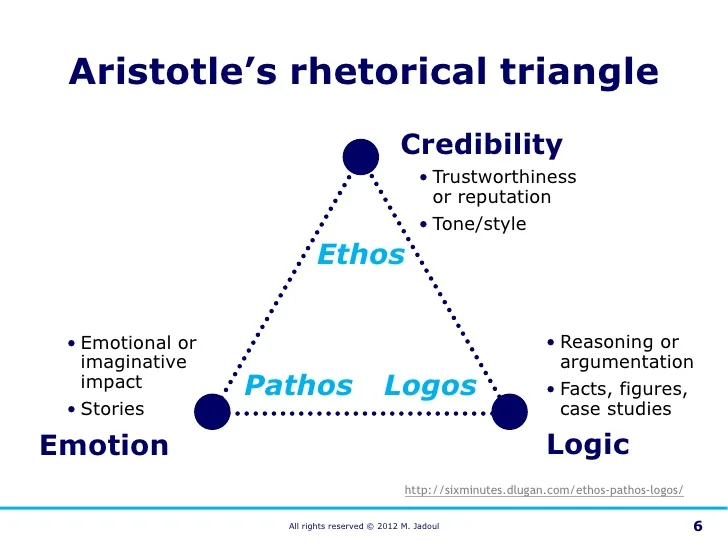- How do you decide if something is true?
- Define Logical Truth, Emotional Truth, Credible Truth
Friday, January 31, 2020
Wednesday, January 29, 2020
Day 3
- Schedule
- Questions about first assignement
- Name Game
- Truth--Platonic, Spiritural, Religious
"Parker exploited the similarities between science and religious doctrine to argue that although nature and religious truth are permanent, any merely human version of such truth is transient."
For many of the transcendentalists the term “transcendentalism” represented nothing so technical as an inquiry into the presuppositions of human experience, but a new confidence in and appreciation of the mind’s powers, and a modern, non-doctrinal spirituality. The transcendentalist, Emerson states, believes in miracles, conceived as “the perpetual openness of the human mind to new influx of light and power…” (O, 100).
Monday, January 27, 2020
Day 2
- Truth vs truth
- What should always be true
- Share
- Name
- Relationship to truth
- Major
No class Monday
Friday, January 24, 2020
Day 1
- Syllabus overview and blog tour
- Ask Questions!
- One question important to know about a person
- One question important to know about a teacher
Monday:
- Introductions
- Truth vs. truth
Wednesday, January 22, 2020
Welcome!
This class will be working on two levels: writing and thinking. I view writing as an act of thinking and sharing ideas so you can't have one without the other. Also, if we just focus on writing, and only writing, I think most of you would hate this class. Can you imagine an hour lecture about verbs or passive voice?
I structure these courses around an idea specific enough that we can all discuss it together, but broad enough so that you can explore a topic that interests you.
The idea this semester is Truth/truth. What is it? How is it made? How can we communicate if we can't agree on it? How do we know it when we see it?
Reading:
Writing: I would recommend that you pick a topic to focus you (religion, science, computers, writing, politics, aliens, flat earthers)
I structure these courses around an idea specific enough that we can all discuss it together, but broad enough so that you can explore a topic that interests you.
The idea this semester is Truth/truth. What is it? How is it made? How can we communicate if we can't agree on it? How do we know it when we see it?
Reading:
- We will read examples of writing by some of the greatest authors in Art of Fact. This book has short, non-fiction excerpts of articles and novels. It will be supplemented with a few other fiction and non-fiction texts.
- The other text, The Lifespan of a Fact, will come first. This text is a conversation between an author and a fact checker over an article on how to tell the truth.
Writing: I would recommend that you pick a topic to focus you (religion, science, computers, writing, politics, aliens, flat earthers)
- Personal Truth--This will be a short, easy essay in which it's primary function is to be used for editing and practicing writing.
- Truth in the Text--You will pick one of the stories discussed in class and show what truth is at work and how the author has crafted it.
- Truth Explored--Pick a topic that interests you and analyze how truth is used.
- Truth Interview--Interview someone and write about their views of the truth and how they use it in their life.
- Bibliography--find sources on your topic, write a summary and citation.
Presentation:
- 15 minute discussion leader on a text--visual aid, brief presentation on your text, lead a class discussion
- mini-informal speeches--for each writing submission, you will be in a group of 4 and you will share what you wrote/discovered. You can practice formal speech elements or you can just chat
Final Project:
You will have practiced and studied different rhetorical skills all semester. For this final project, you will create something with the goal of persuading someone of your truth. It can be a website, a commercial, a short story, a song, a speech...anything to communicate your truth. Your project will be viewed by your classmates and they will grade the success of your project. Their grade will be a part of your final grade.
Subscribe to:
Posts (Atom)

